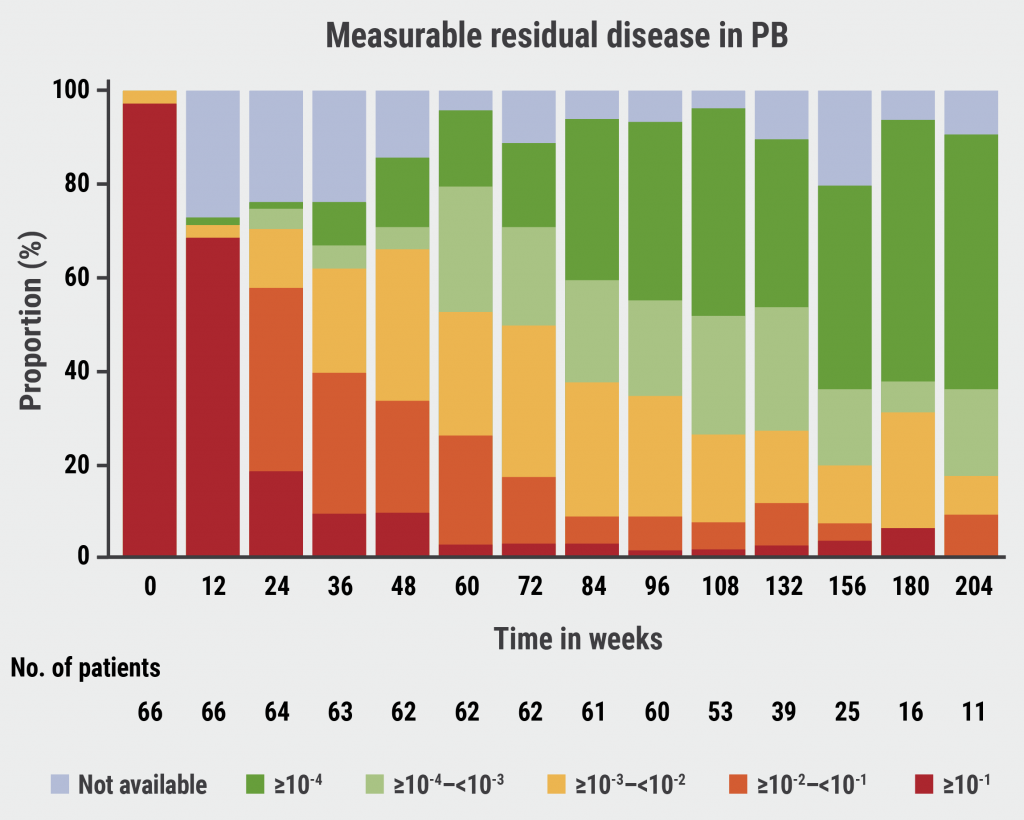Using the severity-based Ambulance Clinical Triage for Acute Stroke Treatment (ACT-FAST) algorithm saved an estimated 52 minutes before EVT by avoiding secondary interhospital transfers, Dr. Henry Zhao of Royal Melbourne Hospital in Parkville, Victoria, Australia, and colleagues found.
"The overall benefits of an ACT-FAST algorithm bypass strategy in expediting EVT and avoiding secondary transfers are estimated to substantially outweigh the disadvantages of potentially delayed thrombolysis and over-triage, with only a small proportion of EVT patients missed," Dr. Zhao and his team conclude in Stroke.
Currently available severity-based triage tools for large-vessel occlusion (LVO) are not specific enough, resulting in too many false-positives, the authors note. In the current study, they validated ACT-FAST in 517 prehospital assessments of suspected stroke patients between 2017 and 2019. Paramedics learned to use the algorithm by watching an eight-minute video.
A total of 168 patients (33%) were positive based on ACT-FAST, and 132 (26%) had LVO confirmed by in-hospital imaging. Sensitivity was 76% and specificity was 82%.
Positive predictive value for LVO was 59%, while it was 80% when all patients who needed comprehensive stroke center (CSC)-level care were included.
For cases in the metropolitan region, 29 of 55 (52.7%) patients who were ACT-FAST positive and required EVT were transferred to a secondary hospital. The authors estimate that avoiding secondary hospital transfers would reduce the time to EVT start by 52 minutes.
Eight patients who received thrombolysis were false-positive on ACT-FAST (8% of patients without LVO), and four were false-negative (5%). The authors estimate that this would lead to 1.1 patients per CSC being over-triaged each week in their region.
The study "suggests a substantial overall benefit of EVT triage using the ACT-FAST algorithm. Further studies using ACT-FAST to bypass patients to a CSC are now underway," Dr. Zhao and colleagues conclude.
SOURCE: https://bit.ly/3hHyJQh Stroke, online December 22, 2021.
By Reuters Staff
Posted on
Previous Article
« Statin use tied to better outcomes in men with prostate cancer starting androgen-deprivation therapy Next Article
Distinct cognitive phenotypes in multiple sclerosis proposed »
« Statin use tied to better outcomes in men with prostate cancer starting androgen-deprivation therapy Next Article
Distinct cognitive phenotypes in multiple sclerosis proposed »
Related Articles
September 9, 2020
CML TKI interruption: Swedish registry results

© 2024 Medicom Medical Publishers. All rights reserved. Terms and Conditions | Privacy Policy
HEAD OFFICE
Laarderhoogtweg 25
1101 EB Amsterdam
The Netherlands
T: +31 85 4012 560
E: publishers@medicom-publishers.com

